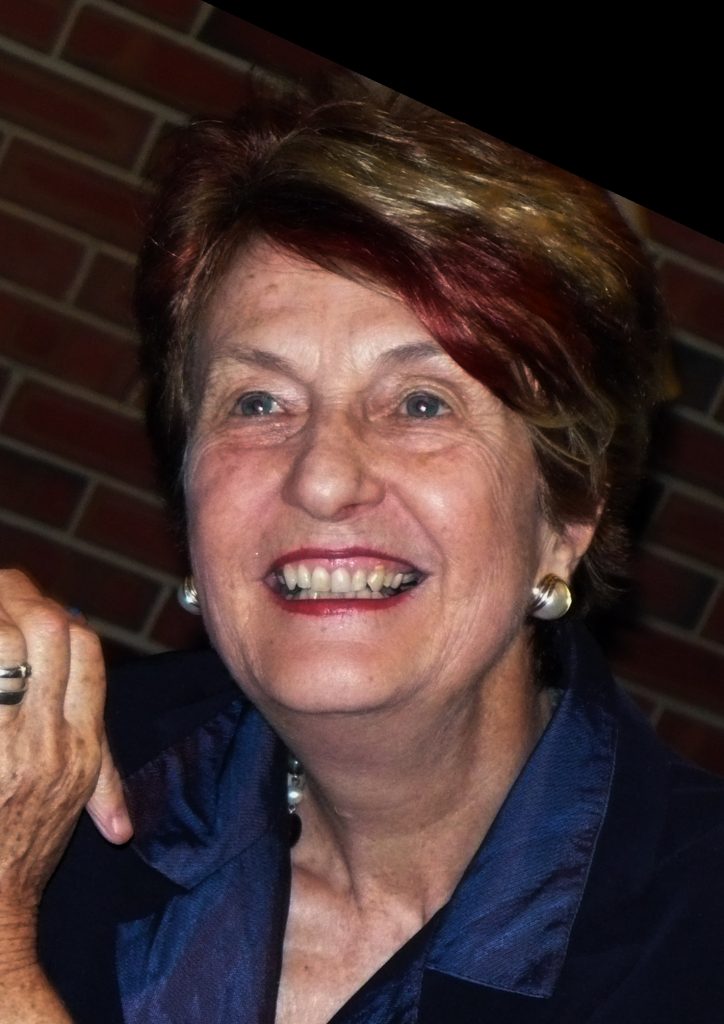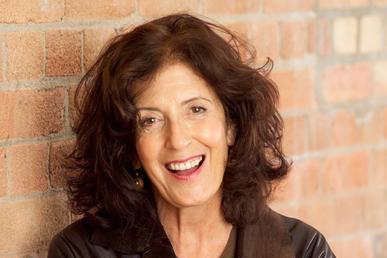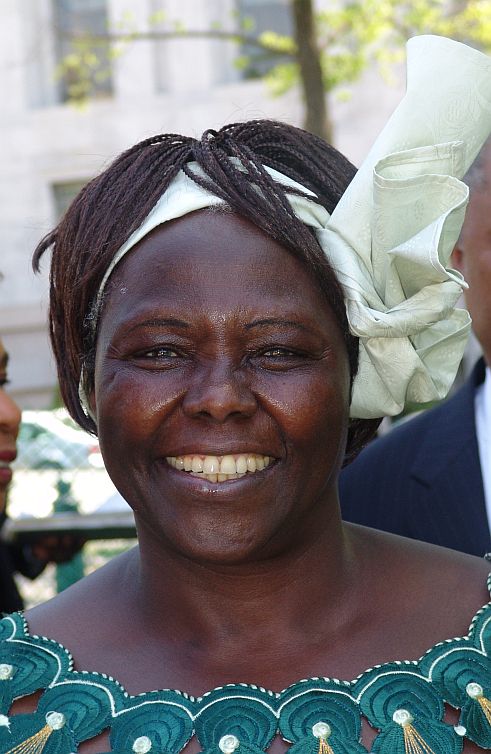
Do you know where your electricity comes from? Currently about 20% of America’s electricity is generated through nuclear power.
But activists like Dr. Helen Caldicott say that percentage should be zero.
For decades, the Australian-born doctor, who founded Physicians for Social Responsibility, has been lobbying hard against nuclear power. And nuclear weapons, as well.
And she has been a strong advocate for environmental issues generally, and for women’s rights.
When I interviewed her in 2006, it was for her book Nuclear Power is Not The Answer.
So here now, from 2006, Dr Helen Caldicott.
Dr. Helen Caldicott is 85 now. The Smithsonian Institution in Washington DC named her one of the most influential women of the 20th century.0
You may also like these episodes:
Al Gore
Wangari Maathai

